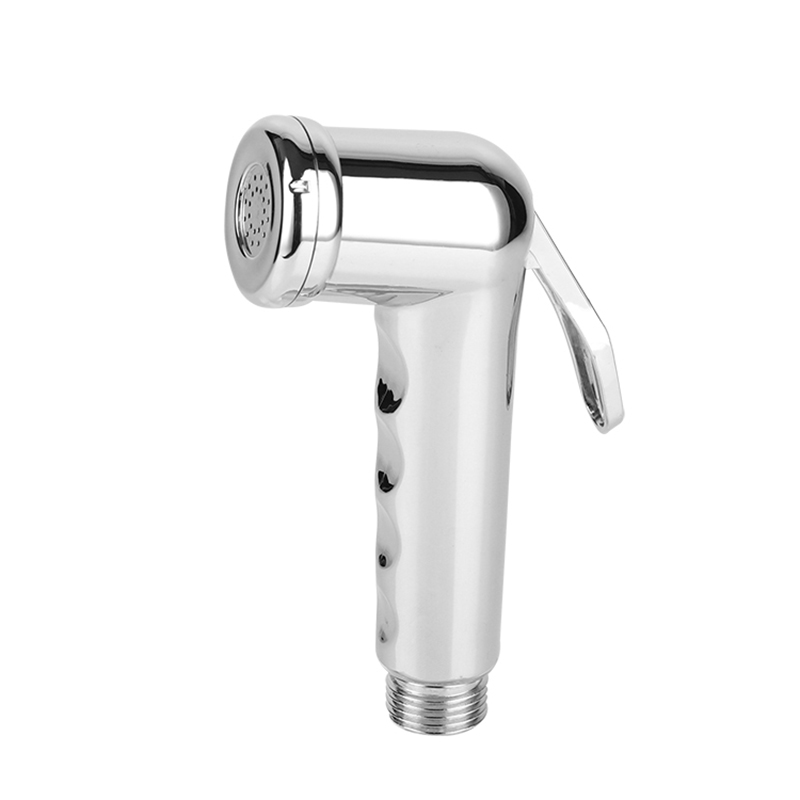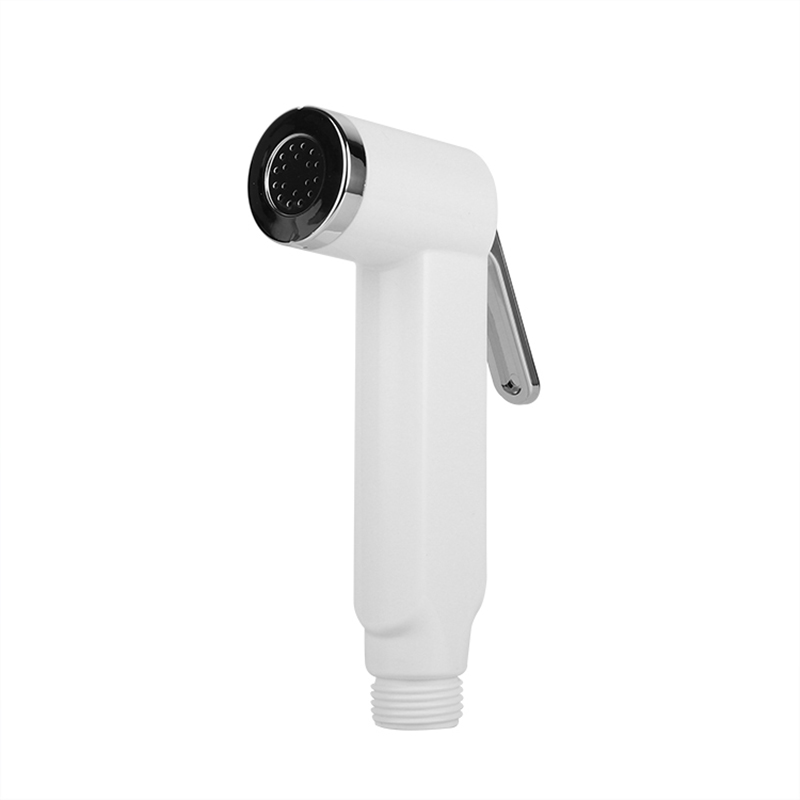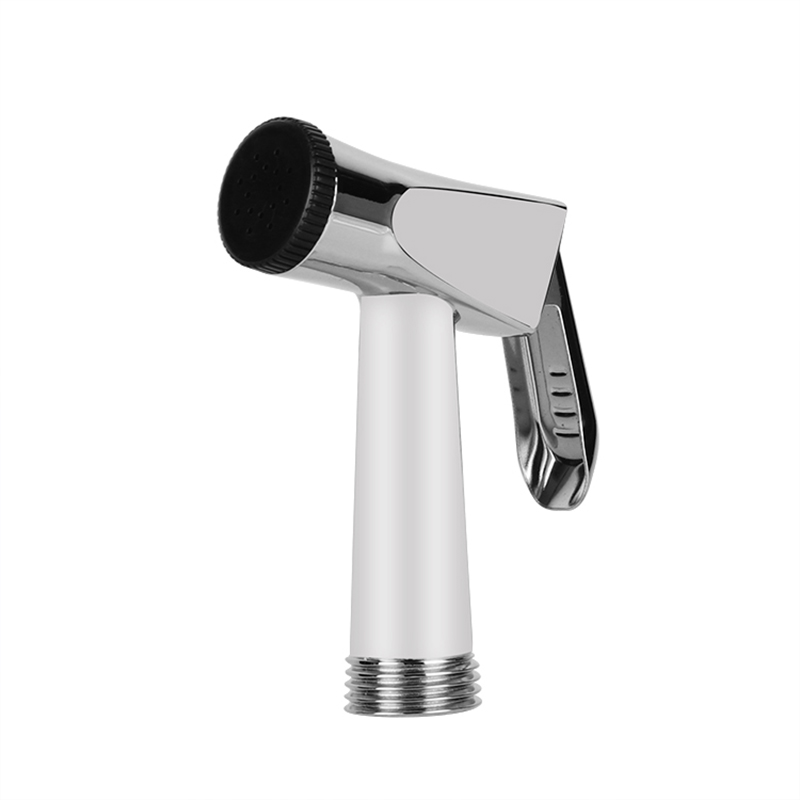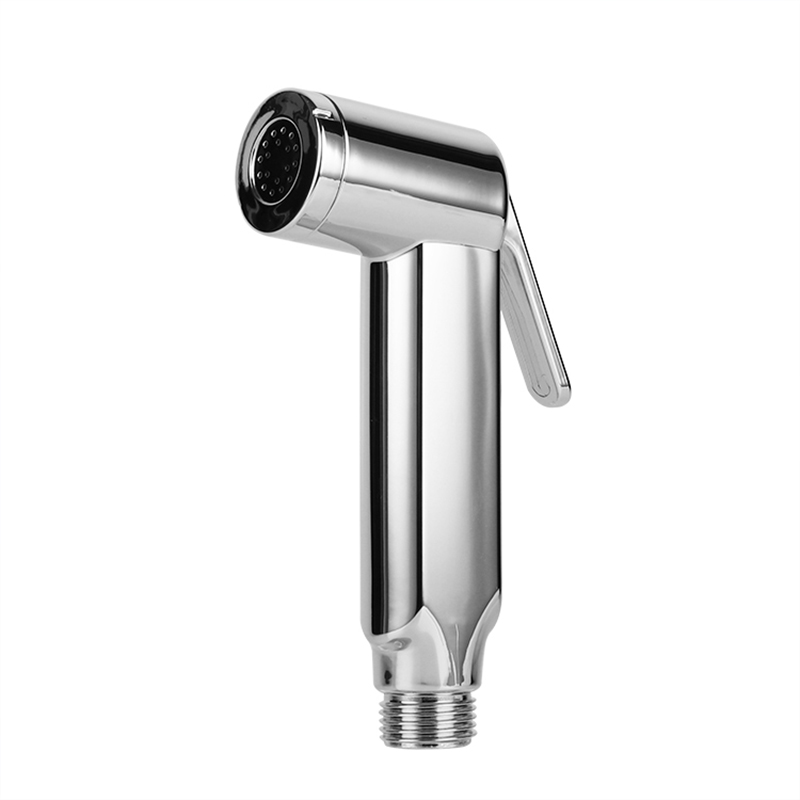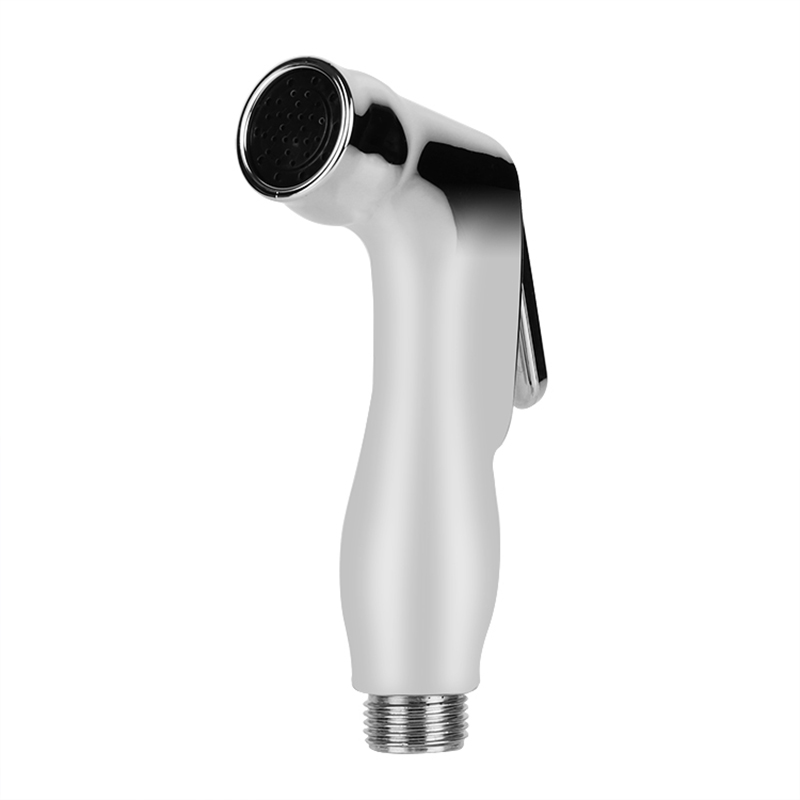In the world of bathroom fixtures and accessories, PVC shower hoses play a vital role in ensuring a comfortable and enjoyable showering experience. But have you ever wondered how water pressure affects the performance of this seemingly simple but essential component?
Let's understand what PVC shower hoses are. Made of polyvinyl chloride, these hoses are known for their durability, flexibility, and affordability. They are designed to connect shower heads to water supplies, allowing for a smooth and even flow of water. However, the performance of PVC shower hoses can be significantly affected by the water pressure to which they are subjected.
One of the most obvious effects of water pressure on PVC shower hoses is flow rate. Higher water pressure generally results in a stronger flow of water through the hose. This can be a big advantage if you enjoy powerful showers with good water coverage. On the other hand, low water pressure can result in a weak and unsatisfying water flow. In extreme cases, very low water pressure can even cause the shower head to spray almost no water.
But it's not just about flow rate. Water pressure also affects the durability and lifespan of PVC shower hoses. When exposed to high water pressure for a long time, the hose may experience more stress and strain. This can lead to wear and tear, such as cracking, leaking, and even rupture. Conversely, low water pressure may not put as much stress on the hose, but it can still cause problems if there are any weak spots or manufacturing defects.
Another aspect to consider is the flexibility of the hose. PVC shower hoses are designed to be flexible to facilitate moving and adjusting the shower head. However, high water pressure can sometimes make the hose stiff and less flexible. This can make it more difficult to maneuver the shower head and can even cause discomfort if the hose is constantly pulling or dragging. Low water pressure, on the other hand, may not have much of an effect on flexibility, but it can make the hose feel soft and unstable.
In addition to these direct effects on the hose itself, water pressure can also affect the overall shower experience. For example, high water pressure can lead to a more refreshing and invigorating shower, while low water pressure can be frustrating and may not effectively rinse away soap and shampoo. Additionally, inconsistent water pressure can be particularly annoying because it can cause sudden changes in flow rate and temperature, making it difficult to enjoy a steady shower.
So, what can you do to ensure your PVC shower hose performs well regardless of water pressure? One option is to choose a high-quality hose that is designed to withstand varying water pressures. Look for hoses that are reinforced with multiple layers of material or have special features like anti-kink or burst-proof designs. Additionally, regular maintenance and inspection of hoses can help detect any potential problems early and prevent them from getting worse.
At our company, we understand the importance of providing quality PVC shower hoses that perform well under a variety of water pressure conditions. Our hoses are well-made and use only the best materials to ensure durability, flexibility, and leak-proof performance. Whether you have high or low water pressure in your home, our products will meet your needs and enhance your shower experience.
Water pressure can have a significant impact on the performance of your PVC shower hose. From flow rate and durability to flexibility and the overall showering experience, understanding these effects is essential to choosing the right hose and ensuring a comfortable and enjoyable shower. With our commitment to quality and innovation, you can trust our PVC shower hoses to provide reliable performance regardless of the water pressure.

 English
English 中文简体
中文简体







